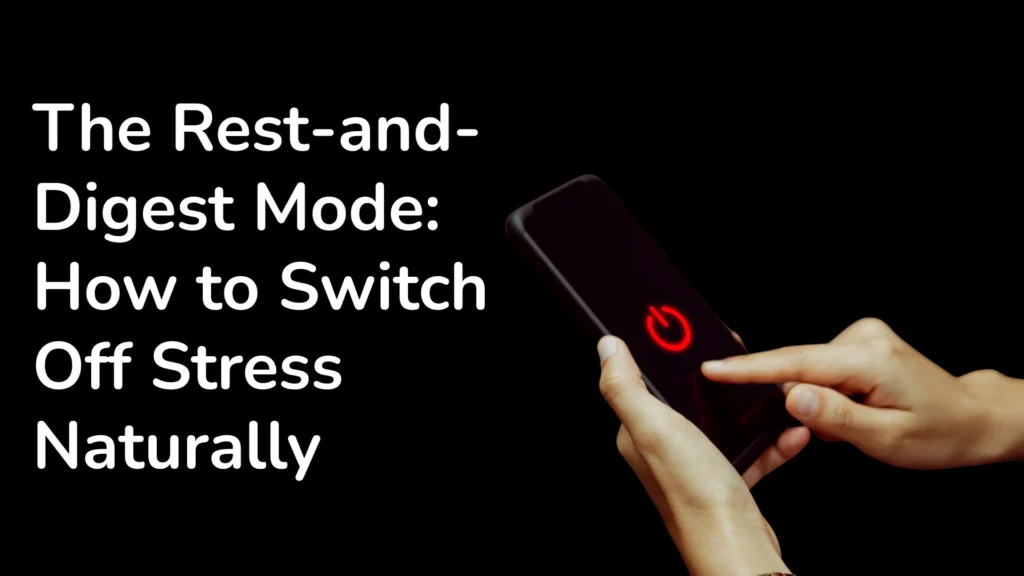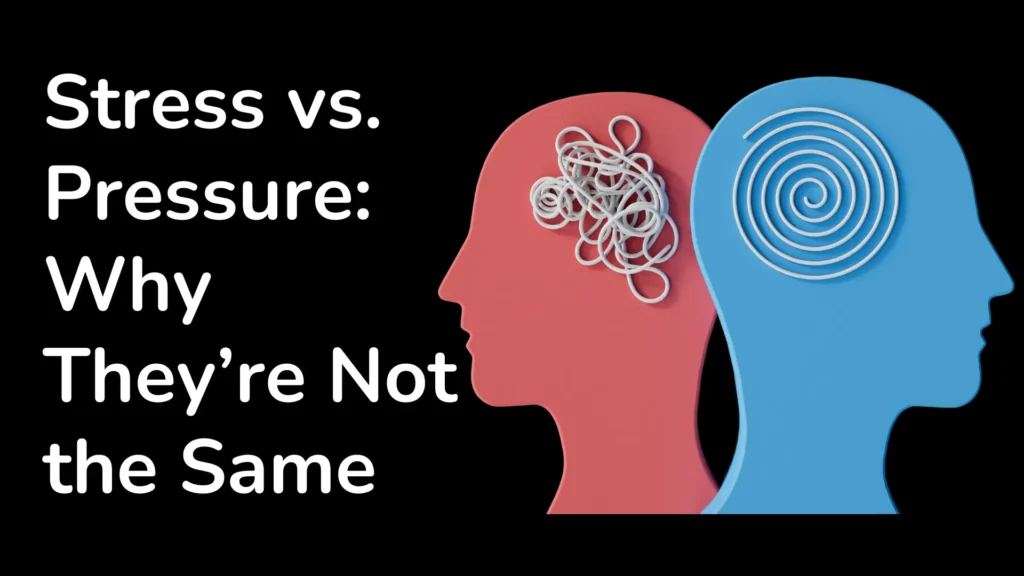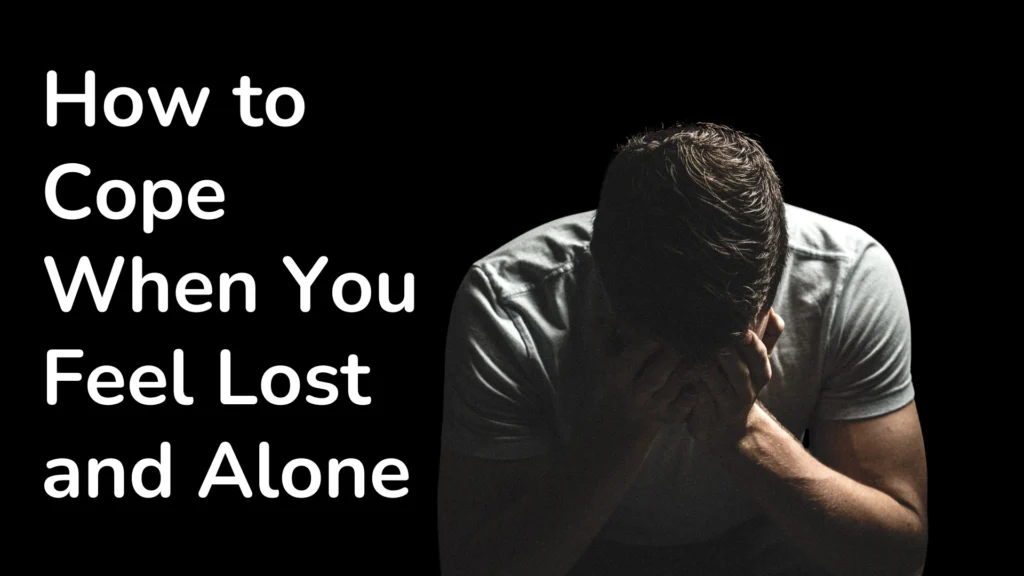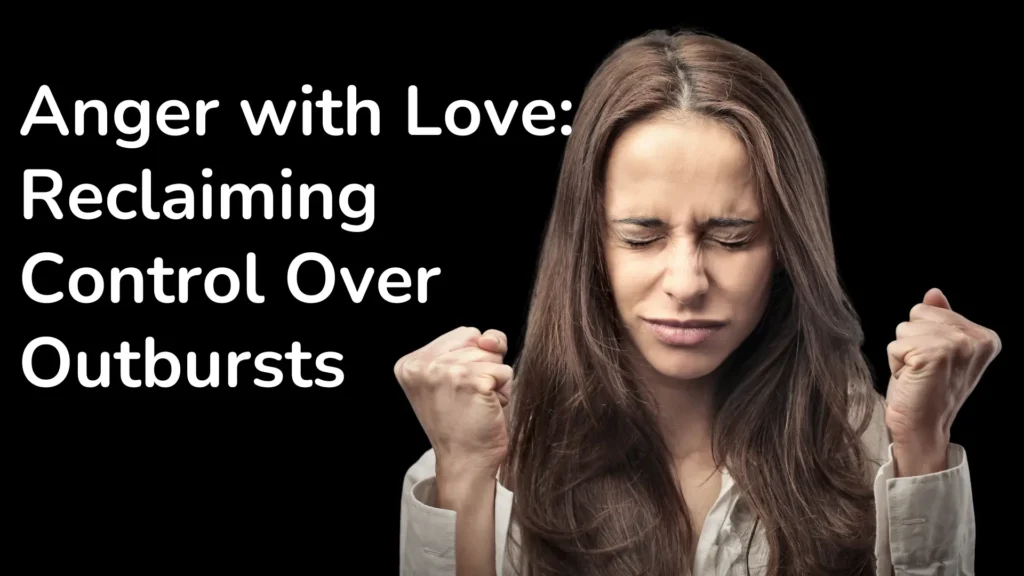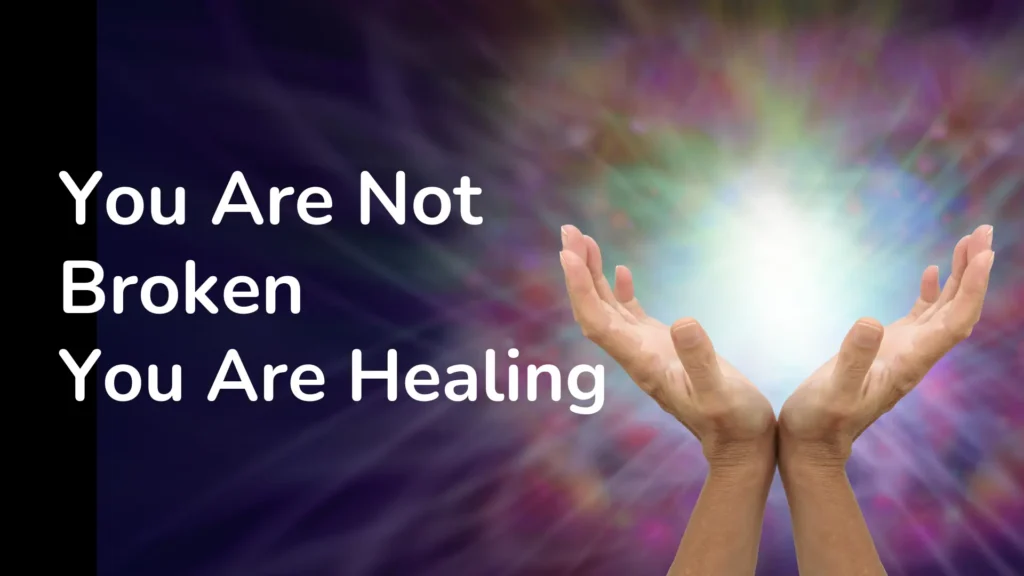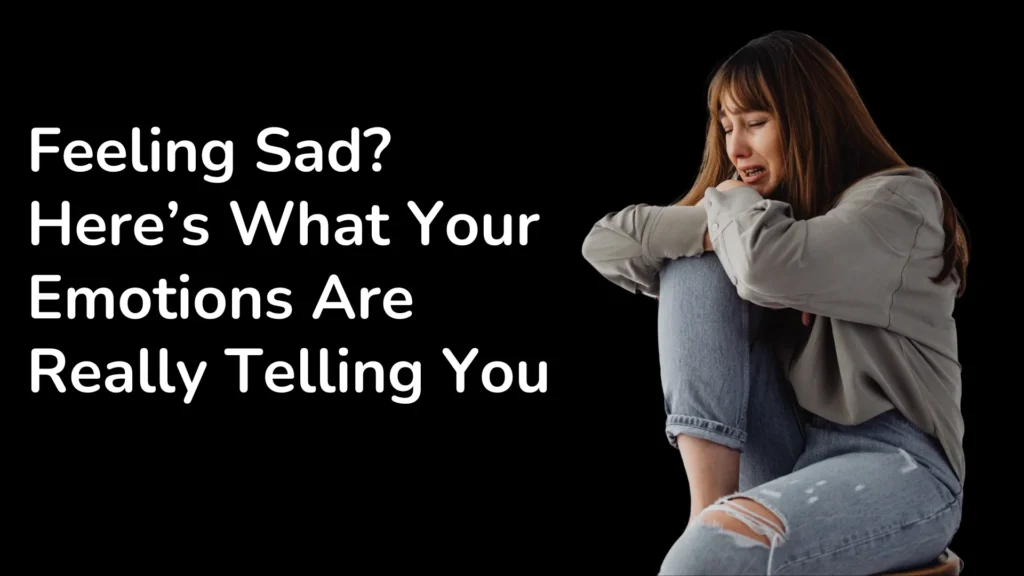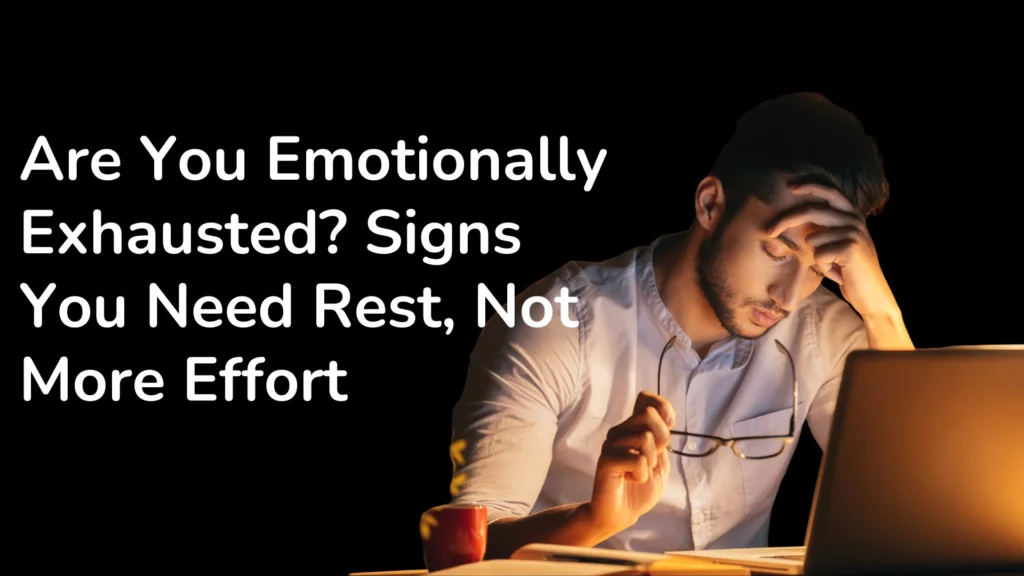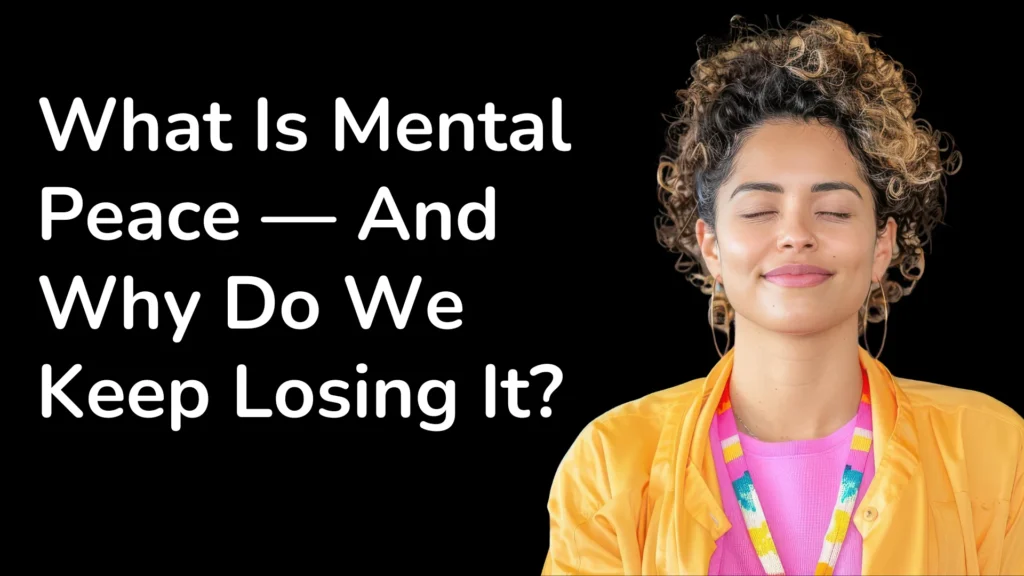There are moments in life when the world feels heavy, and even surrounded by people, you can feel completely alone. It’s as if you’re standing in the middle of a crowded street but your heart is elsewhere — searching for direction, meaning, or simply comfort. If you’ve ever felt this way, know that you are not broken, and you are not alone in this experience. Feeling lost is part of being human. The good news is that even in these difficult moments, there are gentle steps you can take to reconnect with yourself and find your way forward. 1. Pause and Acknowledge What You Feel Instead of running from loneliness or pushing away feelings of being lost, allow yourself to notice them. Sometimes, we fear our emotions so much that we bury them, but this only makes them stronger. Simply pausing and saying, “I feel lost right now, and that’s okay” creates space for healing to begin. 2. Breathe and Ground Yourself When the mind is restless, focusing on the breath can bring you back to the present moment. Repeat this cycle a few times. This simple act reminds your nervous system that you are safe and helps reduce the overwhelming swirl of thoughts. 3. Reconnect with Your Body Feeling lost often pulls you into your head — overthinking, replaying, and worrying. To balance this, gently reconnect with your body. Stretch, take a walk in nature, drink a glass of water slowly, or place a hand over your heart. These small acts remind you that you are here, alive, and capable of finding steadiness. 4. Reach Out — Even in Small Ways When loneliness weighs on us, the natural instinct is to withdraw. But healing often begins in connection. You don’t need a big, deep conversation right away. Start small: These tiny bridges of connection remind you that you are not isolated — you are part of a larger human story. 5. Find Meaning in Small Steps When you’re lost, don’t pressure yourself to figure out your whole life at once. Instead, look for one meaningful step you can take today. That might mean journaling your feelings, doing a short meditation, or engaging in an activity you once enjoyed. Little steps build momentum and slowly bring clarity. 6. Offer Yourself Compassion Most importantly, be gentle with yourself. Being lost does not mean you have failed. It often means you are in a season of growth, where the old path no longer fits and the new one hasn’t yet revealed itself. Speak to yourself as you would to a dear friend: with kindness, patience, and hope. Final Reflection Feeling lost and alone is not the end of your story — it’s a chapter. And every chapter passes. By pausing, breathing, reconnecting, reaching out, and taking small steps forward, you slowly rediscover your way. Remember: even in the darkest night, the stars are still shining above. You may not see the path right now, but it’s unfolding quietly, step by step. Trust that you will find your way home again.


